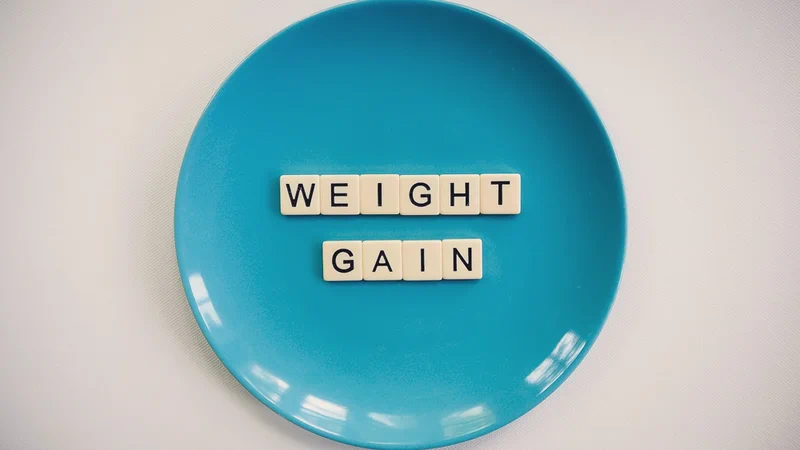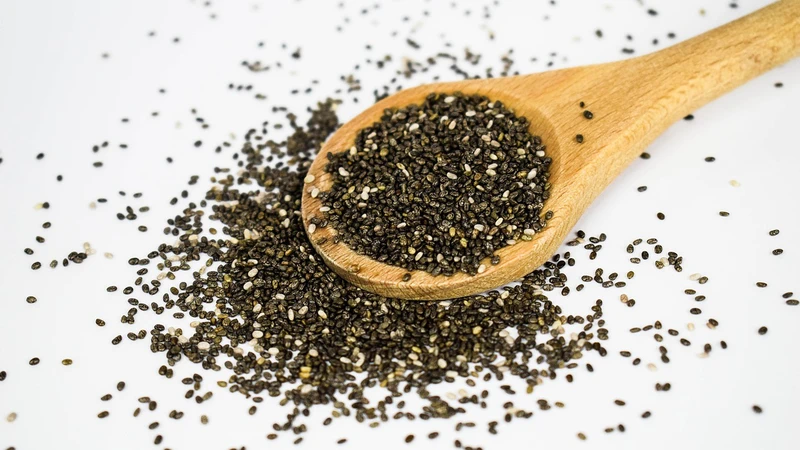We often hear that you have to eat fish to stay healthy. As part of a healthy and balanced diet, it is also to be preferred… Not to mention slimming diets and detox cures which greatly encourage its consumption. Why should we eat plenty of fish? Here’s ten answers for that question.
1. It is an excellent source of protein
Whether lean or rather fatty, fish is very rich in protein. 100 g of fish provide between 18 and 20 g of protein… in the same way as 100 g of meat. So what makes the difference? The lipid level, lower in fish.
Remember that proteins are essential for the proper functioning of the body. They strengthen the immune defenses (and reduce the risk of disease) and participate in the renewal of all the living tissues of the body (skin, nails, hair, etc.). To stay healthy, you should eat fish at least twice a week ..
2. It strengthens memory
Fish is high in phosphorus, an essential constituent for brain membranes. Its action on memory? It still remains to be proven… unlike Omega 3, essential fatty acids also known to structure nerve cells and promote intellectual development in newborns.
Good news, fish is the richest food in Omega 3. The more it is fat, the more it contains and the more it strengthens the memory. Salmon, herring, mackerel, tuna and sardines are preferred to avoid black holes.
3. It is good for the heart and the arteries
Scientists have proven it: eating fish regulates the heart rate and reduces the risk of developing cardiovascular disease. Again, the fatter it is, the better it is for the heart. As for the arteries? The risk of heart attack (clogged arteries) is reduced by 40% for those who eat (fatty) fish twice a week. The secret ? Again, the proteins and Omega 3 it contains are excellent for your health.
4. It is very energetic
An excellent source of vitamin D, fish gives tone and vitality to the body. High in energy without being high in calories, it promotes rapid and long-lasting satiety . Consumed during a meal, the risk of cravings or small bouts of slack (where one is more likely to snack) is greatly reduced.
To be satiated at the end of a meal, it is better to eat fish with a high satiety index (SI). Natural canned tuna ( at IS equal to 212.3), smoked salmon (at IS equal to 220.6), haddock ( at IS equal to 208.2) or shrimp(at IS equal to 174.8) are to be preferred.
5. It reduces stress
Fish is a natural stress reliever and reduces anxiety and nervousness. For what reasons ? Because it has a good content of vitamins E and B, antioxidant vitamins that fight against oxidative stress (caused by free radicals), and is rich in tryptophan, an amino acid that helps the body make serotonin and melatonin, two neurotransmitters/hormones of well-being and happiness. Consuming fish allows the body to be better able to relax and rest, two factors that reduce the occurrence of stress, strong anger and extreme fatigue.
6. It fights against skin aging
The presence of zinc and selenium in fish decreases cellular aging. Vitamins E and B in fish (mentioned above) accelerate blood circulation, promote hydration of the dermis and preserve the hydrolipidic balance and pigmentation of the skin. Result ? The youthfulness of the skin is preserved; dull complexion, cracks, wrinkles and fine lines are diminished or delayed.
7. It anticipates depression
Another advantage for Omega 3 fish: they fight against depression. Fish oil is also known to treat more or less advanced depressive states . Also acting on bipolar disorders, baby blues or depressive syndrome in children, it is the eicosapentaenoic acid (EPA) contained in Omega 3 which thins the membranes of the brain and promotes the good diffusion of hormones of well-being. be, in other words, serotonin, melatonin but also endorphin.
8. It solidifies the bones
The phosphorus contained in fish is beneficial for the good health of the bones … but also that of the teeth. This is also where it is most present, at 85%, since it is the most abundant mineral in the human body. A phosphorus deficiency, admittedly very rare, can cause bone pain, numbness, severe fatigue, muscle weakness, but also loss of appetite and concentration. To avoid these inconveniences, it is better to fill up on phosphorus… and eat fish!
9. It prevents dementia
As with depression, Omega 3 from fish limits the onset of dementia. This disease mainly affects the elderly by degrading their memory (Alzheimer’s disease is a dementia), their reasoning and their behavior, thus decreasing their ability to carry out daily activities. Since Omega 3s have a good effect on memory, several studies have proven that they help reduce symptoms related to the disease.
10. It is low in calories
Finally, last reason, the fish is low in calories and has no effect on the line. Even the fattest fish is not very caloric and does not exceed 150 calories per 100 g. What are the “skinnyest” fish of all species? Whiting and skate (69 calories per 100 g), dab ( 74 calories per 100 g), sole and hake (75 calories per 100 g), sea bream and cod (77 calories per 100 g) and monkfish (79 calories per 100 g).













